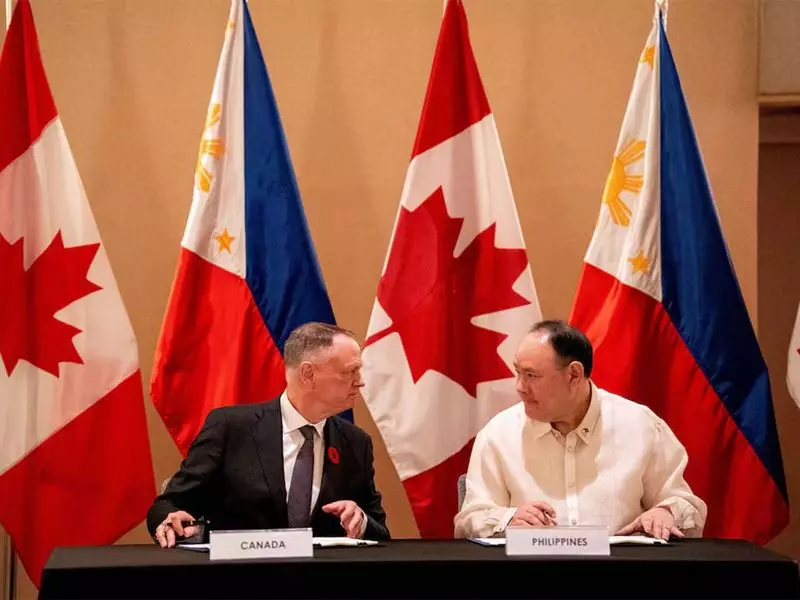
In a significant development for Indo-Pacific security, the Philippines and Canada are poised to finalise a key defence pact that promises to reshape regional military cooperation. This agreement comes at a critical juncture as Manila faces increasing maritime pressure from Beijing in the contested South China Sea waters.
Strengthening Strategic Partnerships
The impending defence agreement, known as the Memorandum of Understanding (MOU) on Defence Cooperation, represents a major step forward in bilateral relations between the two nations. According to Philippine Defence Secretary Gilberto Teodoro, this pact will establish a comprehensive framework covering multiple aspects of military collaboration.
The agreement encompasses several crucial areas:
- Enhanced military training and exercises
- Intelligence sharing mechanisms
- Logistical support arrangements
- Defence technology cooperation
- Joint capacity-building initiatives
Timing and Strategic Implications
The timing of this agreement is particularly noteworthy, coming amidst escalating tensions between the Philippines and China over territorial claims in the South China Sea. Recent months have witnessed several dangerous confrontations between Philippine and Chinese vessels, including water cannon attacks and risky manoeuvres that have raised international concerns.
This defence pact signals Canada's growing engagement in Indo-Pacific security matters and demonstrates Manila's strategy of diversifying its defence partnerships beyond traditional allies. The agreement aligns with the Philippines' broader effort to strengthen international support for its position in the maritime disputes.
Regional Security Dynamics
The South China Sea remains one of the world's most contentious waterways, with China claiming virtually the entire region despite competing claims from the Philippines, Vietnam, Malaysia, Brunei, and Taiwan. Beijing's increasingly assertive actions have prompted concerned nations to enhance their security cooperation with Southeast Asian countries.
Canada's decision to pursue this defence agreement reflects Ottawa's commitment to maintaining rules-based order in the region and ensuring freedom of navigation in international waters. The pact represents a tangible demonstration of Canada's Indo-Pacific Strategy, which emphasises security cooperation with regional partners.
Future Prospects
While specific implementation details remain to be worked out, the defence MOU establishes a formal mechanism for ongoing military cooperation between Manila and Ottawa. This agreement could pave the way for more substantial defence collaborations in the future, including potential arms transfers and joint patrol activities.
The Philippines continues to pursue similar defence arrangements with other like-minded nations as part of President Ferdinand Marcos Jr.'s strategy to build a network of security partnerships capable of counterbalancing Chinese influence in the region.





